REGISTRATION NOW OPEN FOR BREAKING BARRIERS CONFERENCE IN CHARLOTTE, NC
Click Here: https://app.smartsheet.com/b/form/328408d1da1b4740a07d2083bd4baa41
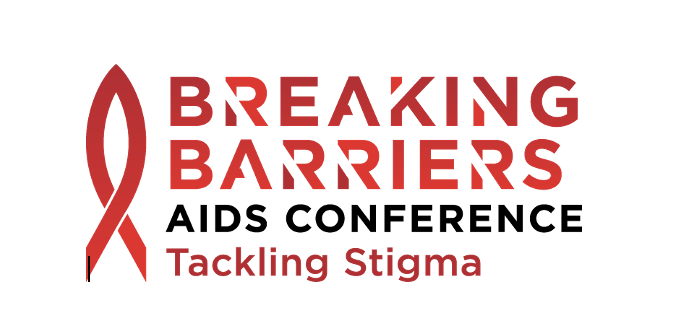
The United Methodist Global AIDS Committee will host a conference in conjunction with General Conference 2024 in an effort to empower, equip and encourage people of faith to do everything possible to end HIV and AIDS.
Breaking Barriers will focus on tackling stigma and guest speakers include Indiana Annual Conference Bishop Julius C. Trimble, UMGAC Chair and Mountain Sky Area Conference Bishop Karen Oliveto. Key note speaker will be Dr. Ulysses W. Burley III, founder of UBtheCURE, LLC – a Chicago-based consulting company on the intersection of Faith, Health, and Human Rights with a commitment to ending the HIV/AIDS epidemic as a public health crisis. He currently serves as the Project Director for the HIV Vaccine Trials Network (HVTN) Faith Initiative and is a founding member of National Faith HIV/AIDS Awareness Day and the U.S. HIV/AIDS Faith Coalition, of which he is Chair..
Breaking Barriers will be held from 8:30-4 p.m. Monday, April 22, at First UMC in Charlotte in the day before General Conference begins. The event is located close to the Convention Center on Charlotte’s light rail system. Registration is free and a free box lunch will be provided.
More information and a link for registration will be posted soon on this web site on UMGAC social media accounts. Stay tuned and save the date!
Spring 2023
The United Methodist Global AIDS Committee
A Word from Bishop Julius C. Trimble,
Chair of the UMC Global AIDS Committee
Easter reminds us that hope is alive.
The resurrection proves that nothing – no thing – is impossible with our God.
We Christians, like the Apostle Paul in his letter to the Corinthians, cry out: Oh Death where is thy sting?
The grave cannot contain our Lord. Neither can the grave or any other seemingly hopeless situation contain the power of our God.
As we enter this Easter season, we enter a season of incredible hope.
This hope renews our strength as we face the continued battle against HIV and AIDS.
Let us not forget that in the early years of the epidemic, hope seemed bleak. The origins of the virus were unclear. Its transmission was unclear. Treatment was unclear.
The only certainty was the destruction of lives.
And then, slowly humankind began to unravel the mystery. The virus was traced to its origins. Transmission paths were identified. Treatments were discovered.
In the years since the beginning of the virus, we have made tremendous progress. However, our work is not yet done.
There are still many lives impacted by HIV and AIDS. There are still those who are suffering and dying.
According to the Center for Disease Control:
- In 2020, 30,635 people received an HIV diagnosis in the United States and dependent areas. The annual number of new diagnoses decreased 8 percent from 2016 to 2019.
- An estimated 1,189,700 people in the United States had HIV at the end of 2019, the most recent year for which this information is available. Of those people, about 87 percent knew they had HIV.
- If we look at HIV diagnoses by race and ethnicity, we see that Black/African American people are most affected by HIV. In 2020, Black/African American people accounted for 42 percent (12,827) of all new HIV diagnoses. Additionally, Hispanic/Latino people are also strongly affected. They accounted for 27 percent (8,285) of all new HIV diagnoses.
- HIV is largely an urban disease, with most cases occurring in metropolitan areas with 500,000 or more people. The South has the highest number of people living with HIV, but if population size is taken into account, the Northeast has the highest rate of people living with HIV. (Rates are the number of cases of disease per 100,000 people. Rates allow number comparisons between groups of different sizes.)
According to the World Health Organization:
- 38.4 million people worldwide lived with HIV in 2021 (the most recent year for data).
- The same year, 650,000 people worldwide died from HIV-related illnesses.
- The majority of those living with HIV worldwide in 2021, were adult women (an estimated 19.7 million people).
Though the numbers are disheartening, hope remains.
Through the efforts of scientists, doctors, researchers, and those of us in the community of faith, an end to HIV and AIDS is possible.
Those of us serving on the United Methodist Global AIDS Committee are committed to do our part. We will pray for those suffering. We will pray for those fighting the virus. We will pray for an end to HIV and AIDS. We will also do all we can to provide spiritual support, education and resources to the world.
May God bless all our efforts. As Christians, we know there is tremendous hope despite our circumstances. The God who can overcome the grave, can overcome HIV and AIDS.
There is hope!
Be encouraged!
The Latest in HIV and AIDS news…
Stigma keeps US youth at high risk for HIV/AIDS
National Youth HIV/AIDS Awareness Day
AIDS Memorial Quilt display…
Center for AIDS Research Receives $15 Million Renewal Grant From NIH
Connect with us!
The United Methodist Global AIDS Committee
Facebook: United Methodist Global AIDS Fund
Instagram: umglobalaidscommittee
Twitter: UMGlobalAIDSCommittee or @UMGAC
Prayer:
LORD, we thank you for your presence and power in our lives. We pray you will heal your children from HIV and AIDS. We recognize your power over the grave and over all things equally impossible. Amen.
It’s Not Fair and It’s Not Over
EQUALIZE is focus of World AIDS Day on Dec. 1, 2022.
This year, HIV and AIDS ministries and missions are focusing on the equalizing resources for those impacted by HIV and AIDS.
The disparity can be seen in the statistics. According to the United Nations, the key populations affected by HIV and AIDS include sex workers, gay men, those who inject drugs, transgender individuals, women and girls.
The UN has issued a call to action to:
- Increase availability, quality and suitability of services, for HIV treatment, testing and prevention, so that everyone is well-served.
- Reform laws, policies and practices to tackle the stigma and exclusion faced by people living with HIV and by key and marginalized populations, so that everyone is shown respect and is welcomed.
- Ensure the sharing of technology to enable equal access to the best HIV science, between communities and between the Global South and North.
- Communities will be able to make use of and adapt the “Equalize” message to highlight the particular inequalities they face and to press for the actions needed to address them.
What might we do to participate in the effort?
According to the he United Methodist Church’s General Board of Church and Society: “An effective AIDS response requires that we address the driving forces of HIV for example: poverty, drug and alcohol abuse, stigma, gender-based violence, and the fear of dealing with the complexity of human sexuality and apathy. Our efforts must include comprehensive efforts to prevent mother to child transmission. With the technology and medication available today, no child should contract HIV in the mother’s womb, or at childbirth.”
What the Bible and The United Methodist Church Say?
The United Methodist Book of Resolutions urges us to:
• Welcome and embrace people living with HIV
• Provide care and support
• End stigma and discrimination
• Provide awareness education on HIV
• Observe World AIDS Day
“The Spirit of the Lord is upon me, because he has anointed me to bring good news to the poor. He has sent me to proclaim release to the captives and recovery of sight to the blind, to let the oppressed go free, to proclaim the year of the Lord’s favor.” (Luke 4:18-19)
“God’s word calls us to a ministry of healing; a ministry that understands healing not only in physiological terms but also as wholeness of spiritual, mental and social being.” (Book of Resolutions, 3241)
Christ’s identification with suffering people was made clear when he said that “whatsoever you do to the least of these, you also do to me.” (Matthew 23:40, paraphrased)“In response to HIV/AIDS crisis in the world, the United Methodist Church commits itself to a holistic approach to awareness, education, prevention, treatment, community organizing and public advocacy.” (Book of Resolutions, 3241) “All individuals living with HIV and AIDS should be treated with dignity and respect. We support their rights to employment, appropriate medical care, full participation in public education, and full participation in the Church.” (Social Principles, ¶162.U)
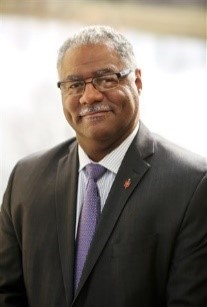
A Word from Bishop Julius C. Trimble
Let Us Not Forget
We enter into the season of Advent anticipating the coming of our Lord and Savior, Christ Jesus.
This is an exciting time for Christians, but also a time for us to re-focus our attention on what is important to us as people of faith.
So much is fighting for our attention.
Covid 19 lingers, there are ongoing wars, hurricanes, divisions among people related to politics, theology and more.
So, how might we set our priorities?
How might we align our priorities with God’s priorities?
In the Gospel of Matthew, Jesus says: “Truly, I say to you, as you did it to one of the least of these my brothers, you did it to me.” (Matt. 25:40)
Jesus, in his ministry on earth, held a special concern for those who were less fortunate – the widows, children, poor and marginalized.
In today’s world, these are the people who are disproportionately impacted by HIV and AIDS. According to the United Nations, there are the key populations currently struggling with HIV and AIDS. The statistics show:
- In 2021, sex workers and their clients, gay men and other men who have sex with men, people who inject drugs, transgender people and the sexual partners of all of these groups accounted for 70% of HIV infections globally.
- The risk of acquiring HIV is 35 times higher among people who inject drugs than adults who do not inject drugs; 30 times higher for female sex workers than adult women; 28 times higher among gay men and other men who have sex with men than adult men and 14 times higher for transgender women than adult women.
- Every week, around 4,900 young women aged 15–24 years become infected with HIV.
- In sub-Saharan Africa, six in seven new HIV infections among adolescents aged 15–19 years are among girls. Girls and young women aged 15–24 years are twice as likely to be living with HIV than young men.
- In sub-Saharan Africa, women and girls accounted for 63% of all new HIV infections in 2021.
While there are many ways for us to live out our faith and care for those in need, let us not forget those suffering from HIV and AIDS. They truly are “the least of these” and we remember them as we observe the 34thannual World AIDS Day on Dec. 1.
Let us join the global call to action to “equalize” by addressing the inequalities which are holding back progress in ending AIDS.
The United Methodist Global AIDS Committee pledges to do its part.
This past year, UMGAC worked hard to educate and resource communities around the world in the fight against HIV and AIDS. We shared all the latest HIV and AIDS information and news on our social media accounts. We sponsored an AIDS conference in Kigali, Rwanda, that was attended by 80 UMC pastors and spouses. We produced a video demonstrating what the Church can do to be the hands and feet of God in the face of HIV and AIDS – a video that was featured at the International AIDS Conference in Montreal.
This Advent season, let us renew our commitment to live out the Lord’s teachings.
Let us prepare ourselves to do more of the good work that will rid the world of HIV and AIDS. As we minister to these individuals, we minister to our Lord whose birth we celebrate this holiday season.
We can all make a difference. We can end the virus once and for all.
Be encouraged as we minister together to those in need.
***Bishop Julius C. Trimble, resident bishop of the Indiana Area of the United Methodist Church, chairs the United Methodist Global AIDS Committee. Tune in to his podcast “Be Encouraged.”
HIV and AIDS are still a world problem
Globally, there are approximately 1.5 million new cases of HIV every year, including over 35,000 new infections in the United States. Due to stigma, discrimination, and other structural factors, certain populations and geographic areas continue to bear most of the burden of this disease. (Source: HIV.gov)
The United Methodist Church’s Global AIDS Committee is committed to continue to provide education, resources and love to all those who are impacted by this disease.
Would you join in the effort? Reach out to Rev. Dr. Sunny Farley, UMGAC Consultant, at pastorsunnyfarley@gmail.com.
May God heal us!
HIV and AIDS Conference in Rwanda is a success
The United Methodist Church’s Global AIDS Committee has worked hard in 2022 to provide education, resources and support aimed at eradicating HIV and AIDS in our world! Check out this article on our most recent project in Rwanda:
https://www.umnews.org/en/news/hiv-and-aids-conference-encourages-acceptance-not-fear
The Committee also supported the 24th International AIDS Conference. For more information see: https://aids2022.org/
Follow us on FaceBook, Instagram and Twitter.
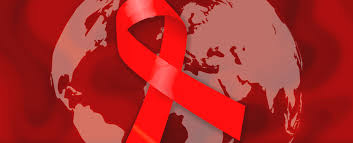
Our work is not yet done.
Reflections on 2021…
We are reminded that there is a disparity in resources available to those who are marginalized. We turn our focus to the “least of these” in all parts of the world. We pray, we plan and we pour ourselves into this sacred work. May God guide our hearts, our hands and our feet.
Let Us Prepare: Advent 2021
This Advent season, The United Methodist Global AIDS Committee has a gift for you. Journey with us each week through a series of guided meditations designed to draw us nearer to God as we anticipate the birth of our Lord and Savior – Christ Jesus.
——————————
Thank you for visiting our web page! The United Methodist Global AIDS Committee, since 2004, has addressed the HIV and AIDS pandemic through working with local churches of The United Methodist Church providing education and advocacy. As of 2020, approximately 39 million people are living with HIV or AIDS. The church has a role in making a difference and saving lives. Won’t you join us by becoming an AIDS Ambassador as we educate and advocate to create a world free of HIV!
“May Christ’s love surround you and be a constant reminder of your beloved-ness as we work together to create an AIDS-Free world.”
_____________________________________________________________________
The FACTS:
In June 1981, scientists in the United States reported the first clinical evidence of a disease that would later become known as acquired immunodeficiency syndrome, or AIDS. Its cause, the human immunodeficiency virus (HIV), was identified in 1983.
GLOBAL HIV STATISTICS
- 37.7 million [30.2 million–45.1 million] people globally were living with HIV in 2020.
- 1.5 million [1 million–2 million] people became newly infected with HIV in 2020.
- 680,000 [480,000–1 million] people died from AIDS-related illnesses in 2020.
- 27.5 million [26.5 million–27.7 million] people were accessing antiretroviral therapy in 2020.
- 79.3 million [55.9 million–110 million] people have become infected with HIV since the start of the epidemic.
- 36.3 million [27.2 million–47.8 million] people have died from AIDS-related illnesses since the start of the epidemic.
Source: United Nations
_____________________________________________________________________
FOR IMMEDIATE RELEASE
New Consultant Announced for United Methodist Global AIDS Committee
Bishop Julius Trimble, Indianapolis, Chair of the United Methodist Global AIDS Committee, has announced that the search committee unanimously has selected Rev. Dr. Sunny Farley, Tyler, Texas, to serve as the next part-time Global AIDS Consultant for the United Methodist Global AIDS Committee. Contract details need to be finalized, but her appointment is effective immediately.
Dr. Farley will assume the responsibilities previously held by retired Global AIDS Consultant, Ms. Linda Bales Todd of Dayton, Ohio. A reception honoring Todd was held Monday, June 14, recognizing her 17 years of distinguished service as a volunteer and part-time employee of the Committee. Speakers included Bishop Julius Trimble, Dr. Jim Winkler, President of the National Council of Churches, and retired Bishop Fritz and Etta Mae Mutti of Kansas City, Missouri. Other tributes were provided by persons from Burundi, Kenya, India, and throughout the United States.
Farley, an ordained deacon of the Texas Annual Conference, currently serves two United Methodist churches in Flint and Tyler, Texas. She holds a Master of Divinity from Texas Christian University, and a Doctor of Ministry degree from Southern Methodist University. Prior to her pastoral appointments, she was director of a campground in the California-Nevada Annual Conference, served as a campus minister in Texas, and was a journalist serving in Virginia, Louisiana, Texas, and New Zealand.
“My calling is to encourage, equip and empower others,” says Farley. “I have lost loved ones to HIV and AIDS and it is a cause very near and dear to my heart.”
“As a member of the selection committee, I look forward to working with her, as I believe she will give vital and renewed leadership to our calling,” said Donald E. Messer, secretary. “COVID-19 has only underscored the urgent need for addressing HIV and AIDS in the world, as forward progress toward ending this forty-year pandemic has been stymied and reversed. Finding ways to mobilize the church in this urgent healing mission will require all her gifts as well as deepened commitment from all of us.”
Committee members may want to welcome her by email at umgafund@gmail.com.
Mail may be sent to her c/o Noonday UMC, 17320 Hwy 155, Flint, Texas 75762.
MEDIA CONTACT:
Donald E. Messer, Secretary
Global AIDS Committee
globalaids@gmail.com
_____________________________________________________________________
March-April 2021 UMGAC Newsletter
RESOURCES
New Video “Holistic Health Around the World” – Features Kathleen Griffith, UMGAC member and interim Global Health Team Lead and the Program Manager of Maternal, Newborn and Child Health Director of the Abundant Health Unit at the General Board of Global Ministries. Discover how HIV intersects with other issues and how The United Methodist Church is supporting dynamic, life-saving ministries!
Newly released video by BBC Productions: “HIV Positive and Proud: What’s with Stigma?” For more info, check out our Resources page!
Check out our Events page for upcoming opportunities to address HIV and AIDS! And, take action!
Let us know what AIDS ministries are happening in your local church! Send to: umgafund@gmail.com
We’d love hearing from you!
____________________________________________________________________________________________



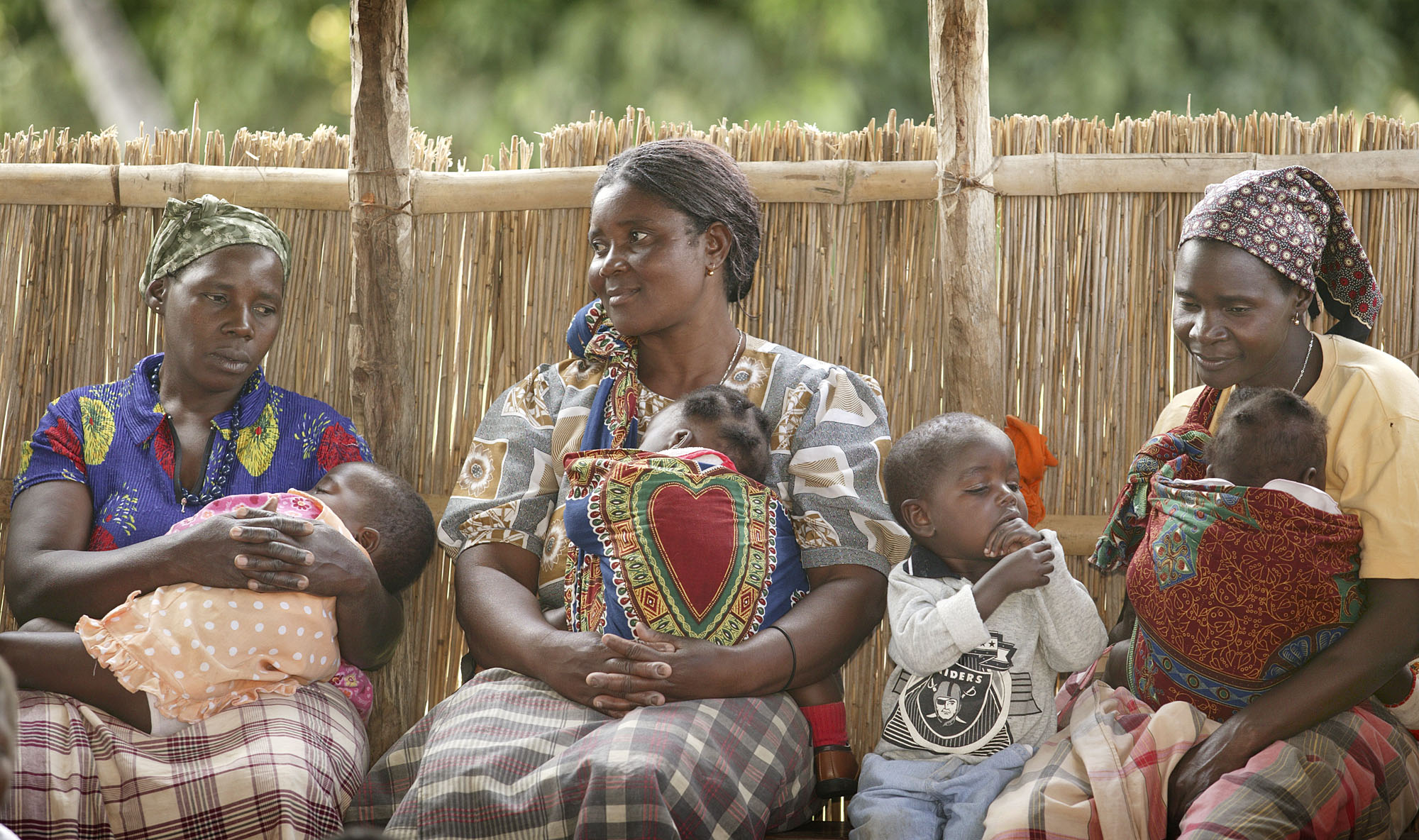
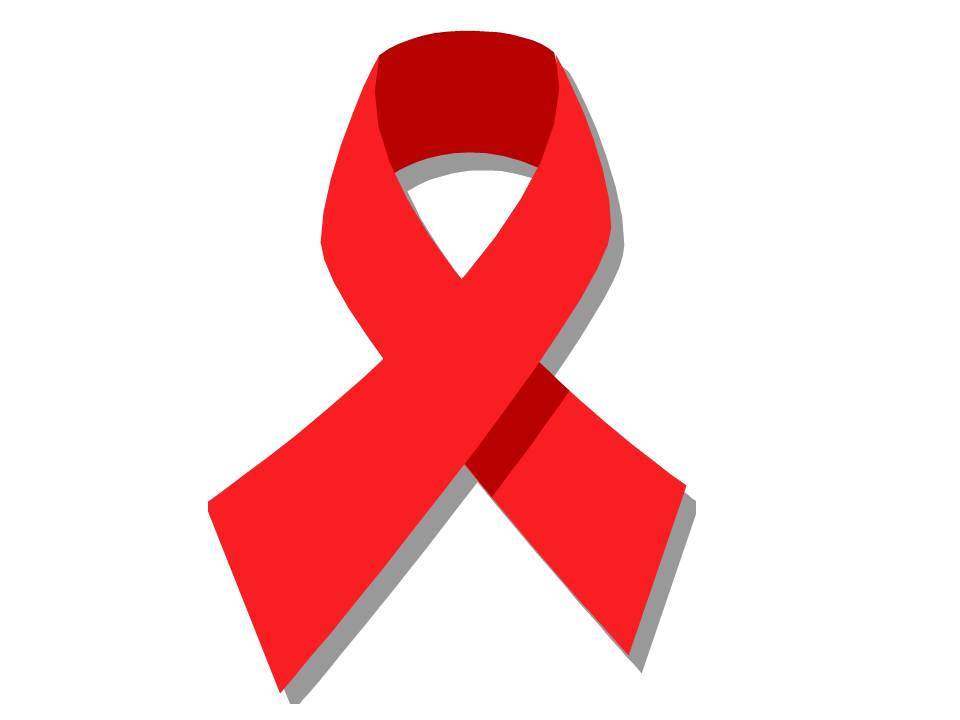
Get to know that the servants of God will walk with Him in faith, He will give power to their message. They will enabled so to present His love and the danger of rejecting the grace of God that men will be constrained to accept the gospel, Christ will perform wonderful miracles if men will but do their God- given part. I thank you all for the work that is a head of us and your organization as a whole, i hope that as time comes it will give you an image to share with everybody may God bless you.
LikeLike
iam still in the ship cruising along the coastline of development with those who have not known their status up to now we are few one that have been able to be tested Hiv/aids i would wish all our church leaders to open the hiv centers in East Africa
LikeLike
Shalom!
Can we get support to help Orphans living with HIV and Aids And Local religious living with HIV and Aids?
Our email:wycliffe.ngoya@gmail.com
LikeLike
Thanks for your email. We encourage you to visit our webpage for information on our grants. http://www.umcmission.org/Give-to-Mission/Search-for-Projects/Projects/982345
Thank you for your interest. Blessings.
LikeLike
Dear
Greetings from Kawish Resource Center Pakistan!
Kawish Resource Center working on HIV/AIDS through communication in Pakistan, we have trained Christian Leaders communicate openly about HIV and AIDS, speaking out against discrimination. Trained Pastoral clinics on HIV and AIDS and sexuality and also established interfaith HIV/AIDS Network for raise awareness on HIV/AIDS in Pakistan and empower HIV/AIDS positive persons.
I would request you develop partnership with Kawish Resource Center in Pakistan on HIV/AIDS Awareness and Prevention through Communication.
I hope you will give positive response.
Thanks
Asif Sardar
Executive Director
Kawish Resource Center
LikeLike
Dear Asif Sardar,
Thank you for your email and thank you for your work in Pakistan. For our clarification, when you request a partnership with your Center, what might that look like? If you could share more information, it would assist us with our discernment. Please send further communications to our email address: UMGAFund@gmail.com.
Also, UMGAC invites you to visit our Resources web page to make use of our print and audio/visual resources that may be useful in your work. Although you didn’t mention funding, we do not have funds available to support your work, but are pleased to know of your existence and wish you the best in your ministry with people living with HIV/AIDS.
Sincerely,
United Methodist Global AIDS Committee
LikeLike
we must remember there are other serious health issues besides Coronavirus in our world today.
So much help needed with AIDS problems .
LikeLike